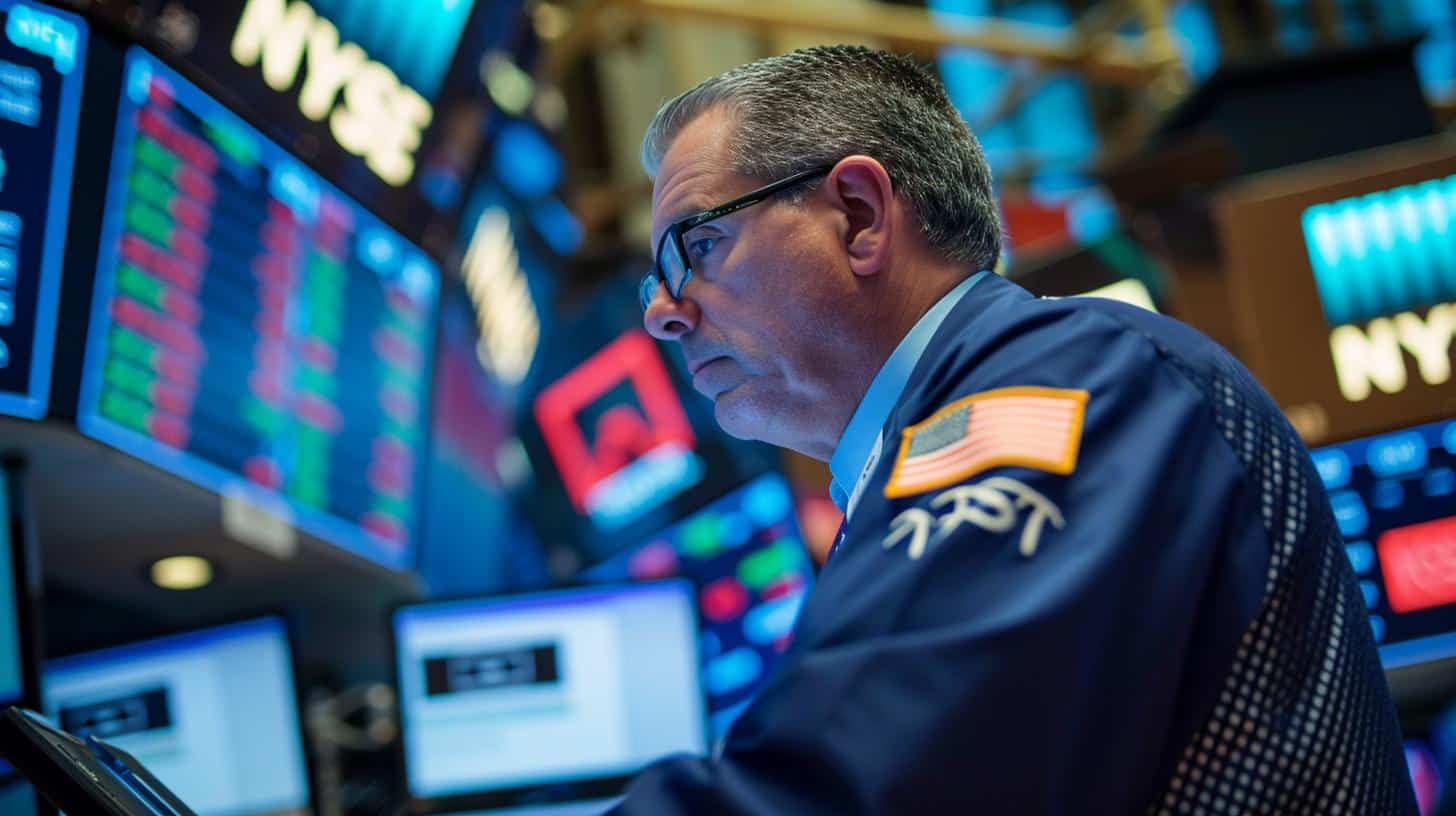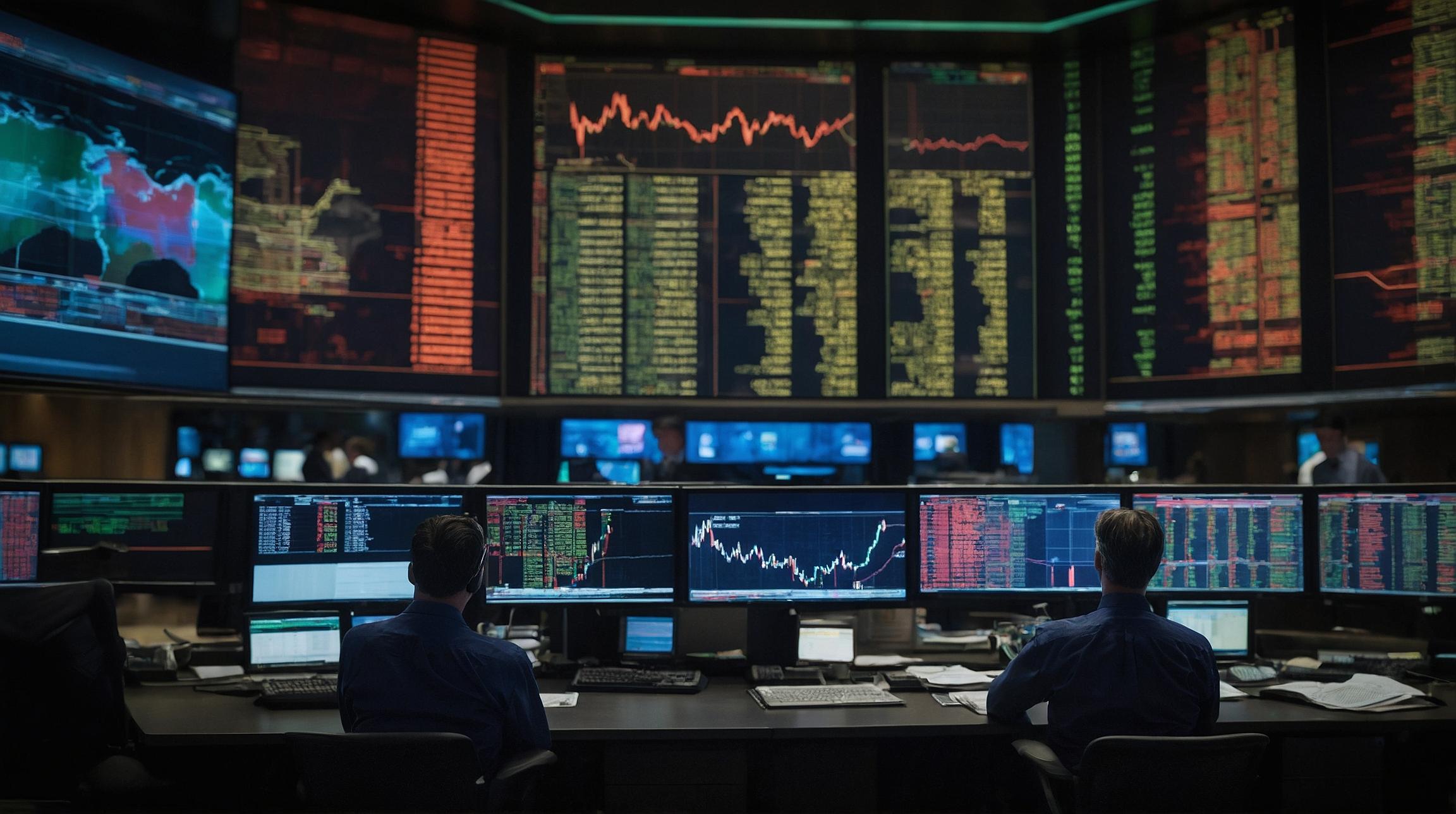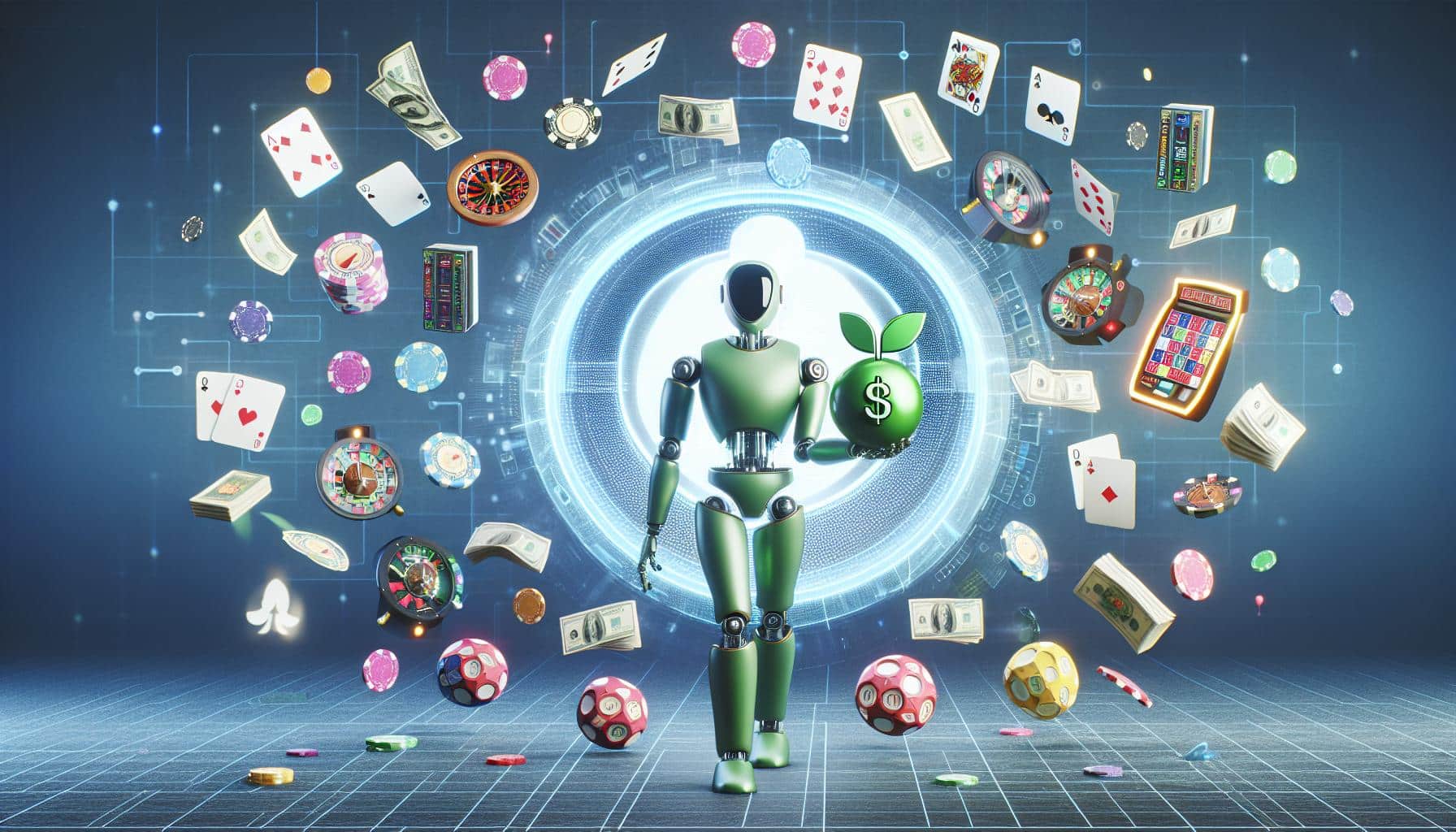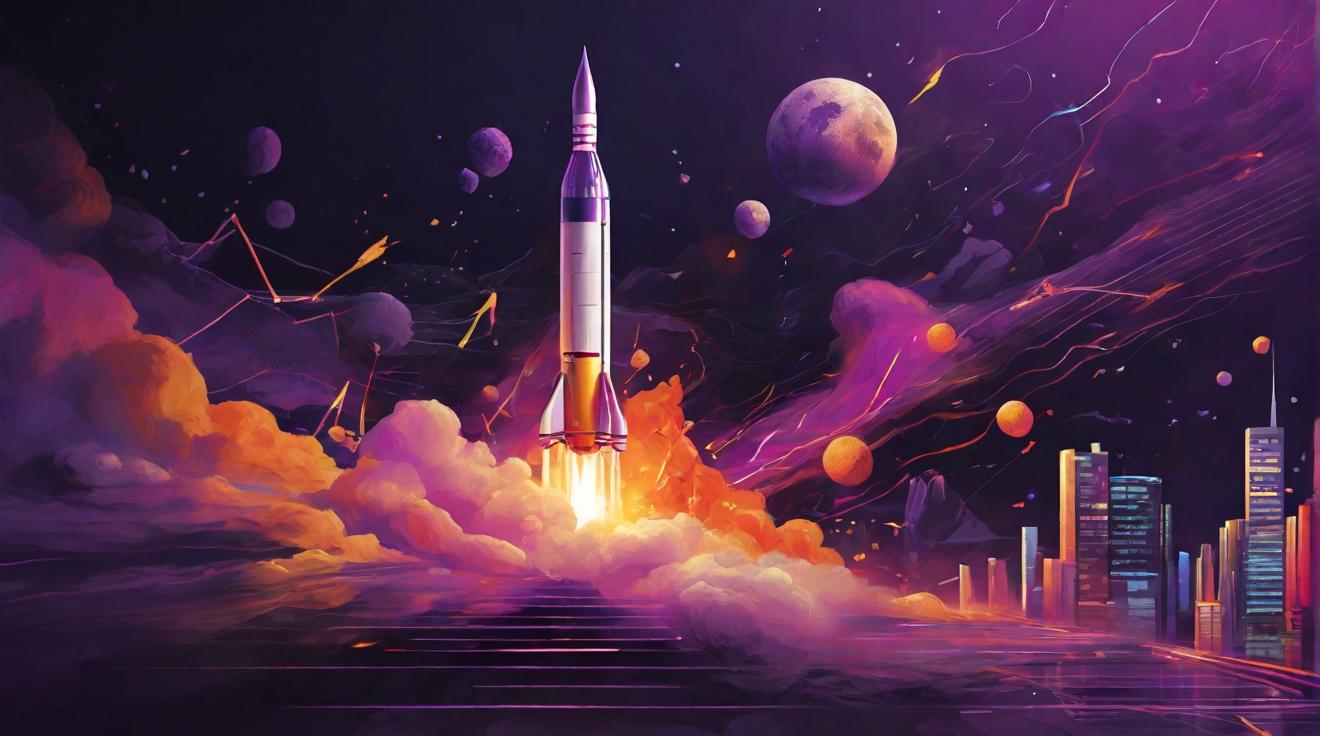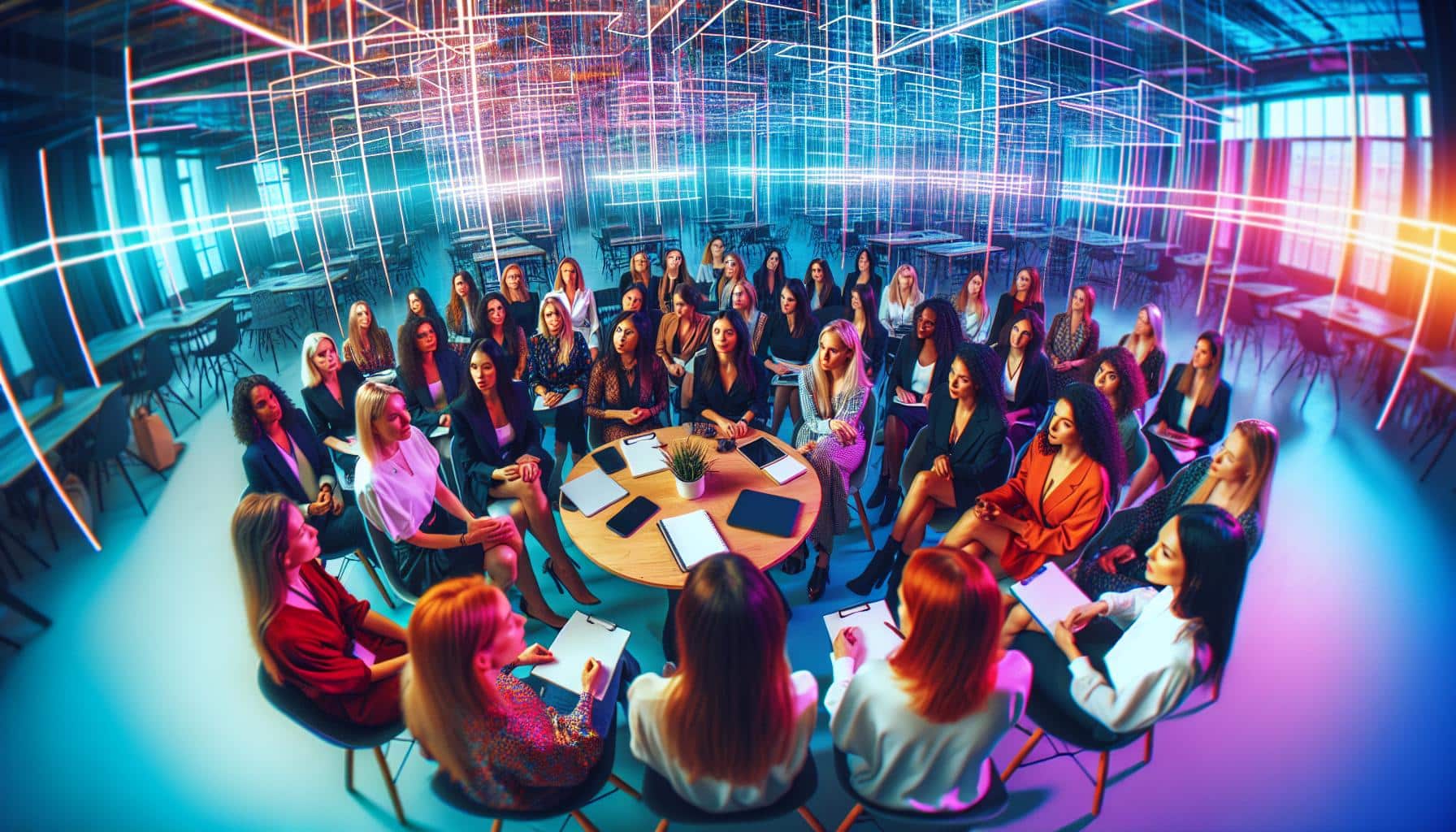The Rise of DAOs: Revolutionizing Governance Structures
In recent years, decentralized autonomous organizations (DAOs) have emerged as a revolutionary concept in governance structures. DAOs, as the name suggests, are organizations that operate without a centralized authority, making decisions through a consensus of its members. This decentralized approach to governance has the potential to disrupt traditional hierarchical structures and create more inclusive and transparent decision-making processes.
DAOs are enabled by blockchain technology, which allows for the creation of smart contracts that can execute decisions without the need for intermediaries. This technology has opened up new possibilities for collective decision-making, as it allows individuals from anywhere in the world to participate and contribute to the governance of a DAO.
Decentralized Autonomous Organizations: A New Paradigm in Decision-Making
The concept of DAOs introduces a new paradigm in decision-making, shifting power away from centralized authorities and towards a decentralized network of participants. In a DAO, decisions are made collectively through a process of voting or consensus, where every member has an equal say in the outcome.
This approach to decision-making has several advantages. First, it promotes inclusivity by allowing anyone to participate and have a voice in the governance of the organization. Second, it enhances transparency, as all decisions and transactions are recorded on the blockchain and can be audited by anyone. Finally, it reduces the risk of corruption or manipulation, as decisions are made collectively and no single entity has the power to unilaterally enforce their will.
Exploring the Mechanics of DAOs: How They Govern Themselves
DAOs govern themselves through a combination of smart contracts, voting mechanisms, and reputation systems. Smart contracts are self-executing contracts with the terms of the agreement directly written into code. These contracts automate decision-making processes by executing predefined rules and conditions.
Voting mechanisms allow DAO members to participate in decision-making by casting votes on proposed actions or changes. Depending on the DAO’s governance model, voting may be done using a simple majority, a supermajority, or a weighted voting system based on reputation or token ownership.
Reputation systems play a crucial role in ensuring the integrity of decision-making in DAOs. They assign a reputation score to each member based on their contributions and behavior within the organization. This score can be used to allocate voting power or determine eligibility for certain roles or privileges within the DAO.
Challenges and Opportunities: Navigating Governance in DAOs
While DAOs offer many advantages, they also face challenges in navigating governance effectively. One of the main challenges is reaching consensus among a large and diverse group of participants. As decisions are made collectively, finding common ground can be time-consuming and may require the development of sophisticated voting mechanisms and dispute resolution protocols.
Another challenge is ensuring the security and integrity of decision-making processes. DAOs are vulnerable to attacks such as collusion, sybil attacks, and manipulation of reputation systems. Robust security measures and ongoing monitoring are essential to prevent malicious actors from undermining the governance of a DAO.
However, these challenges also present opportunities for innovation. For example, research is being conducted on quadratic voting and futarchy, which aim to improve decision-making processes in DAOs. Furthermore, advancements in blockchain technology, such as layer 2 solutions and scalability improvements, could enable DAOs to scale and accommodate larger communities.
The Future of Decentralized Governance: Scaling DAOs for a Global Impact
The potential impact of DAOs on governance structures cannot be overstated. By promoting inclusivity, transparency, and collective decision-making, DAOs have the potential to empower individuals and communities around the world. They can enable more efficient resource allocation, reduce bureaucracy, and foster innovation at a global scale.
To achieve this vision, it is crucial to address the challenges and limitations of current DAO models. As technology evolves, DAOs will need to adapt and scale to accommodate larger communities and complex decision-making processes. Additionally, regulation and legal frameworks will need to evolve to provide clarity and support for DAOs, ensuring they can operate within existing legal systems.
Overall, DAOs represent a paradigm shift in governance structures, offering a decentralized and inclusive alternative to traditional hierarchical models. As more individuals and organizations embrace this new way of decision-making, the potential for positive social and economic impact grows exponentially. The future of decentralized governance lies in the hands of DAOs, and it promises to be a fascinating journey of innovation and collaboration.






